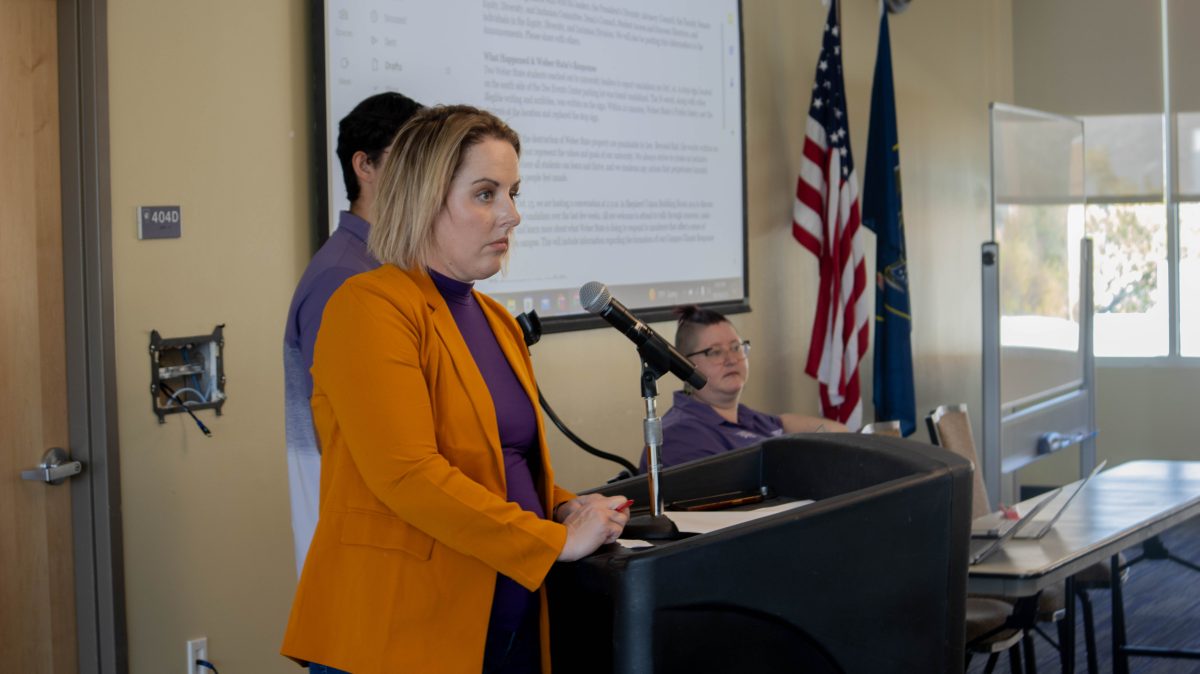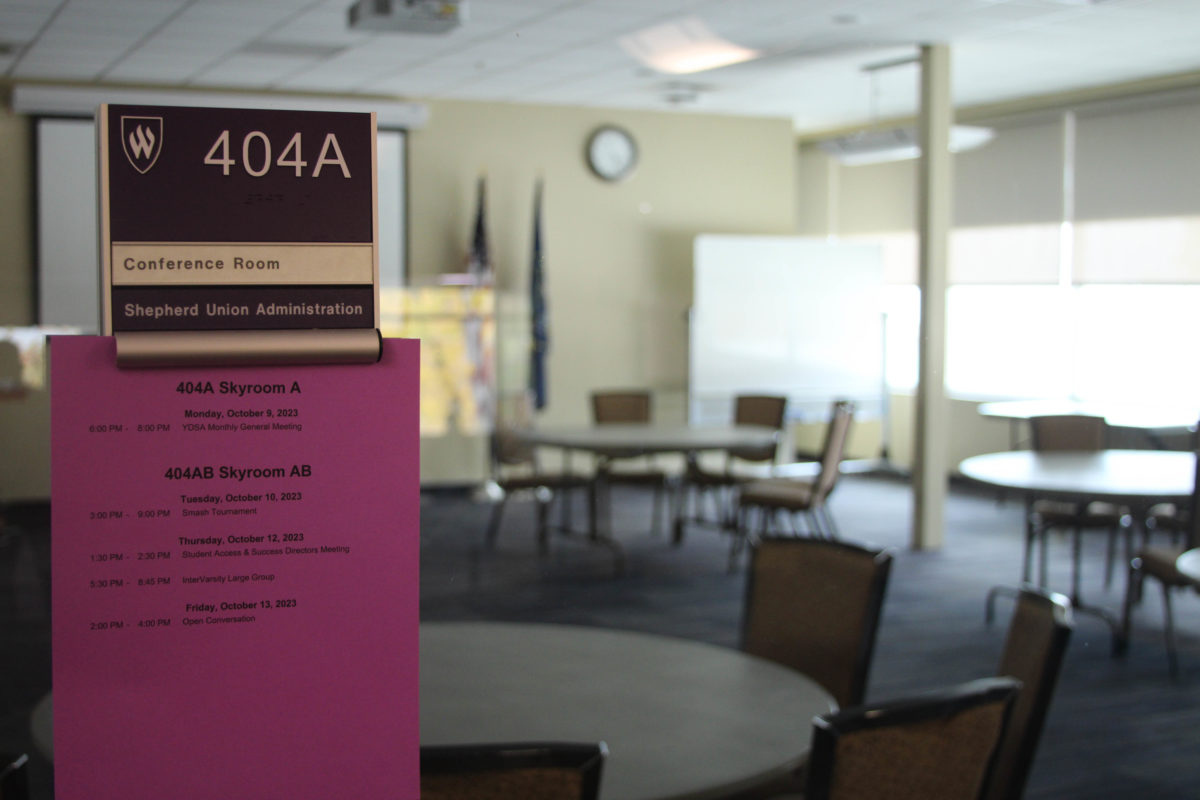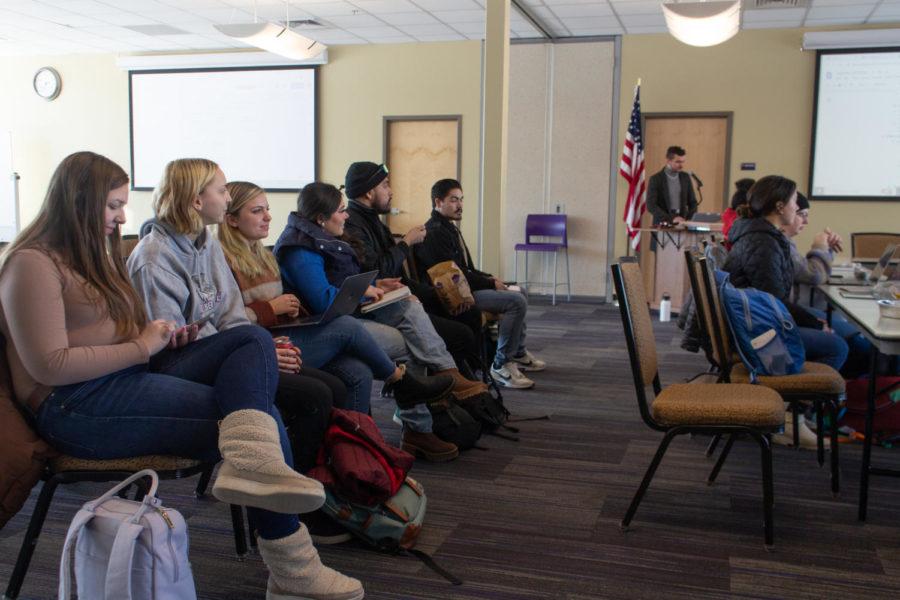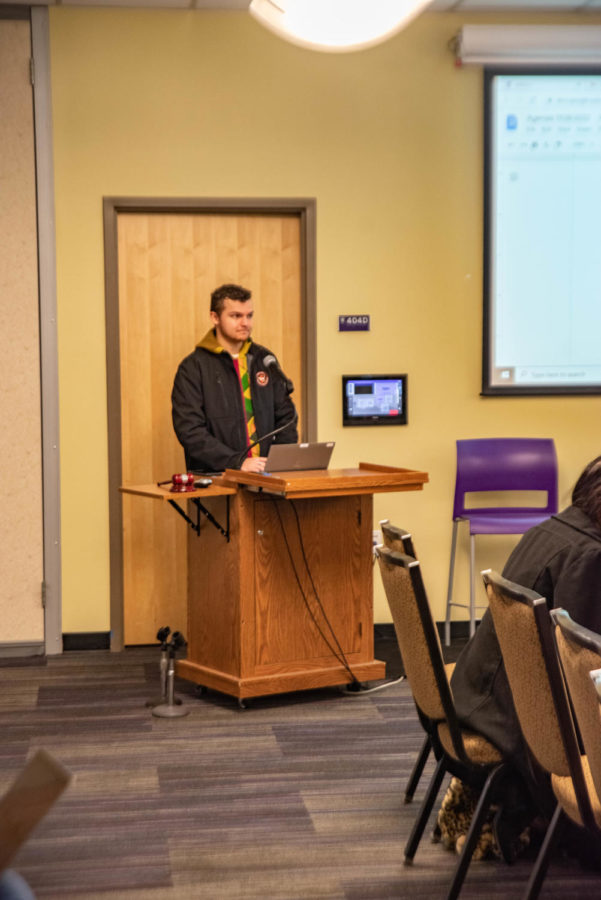Parking and the rise in price of the UTA Ed passes were discussed in the Weber State University Student Association student senate meeting this week.
A suggestion for the future is to use a parking structure close to campus.
Senator Shalie Barber said other universities in the state have parking structures, but the students pay more for their parking passes.
“You don’t want to know the prices of their parking passes,” she said. “Utah State is 90 something dollars for their highest, and the University of Utah is 140 dollars for their highest.”
The university also offers an Ed pass that allows students a discount on riding UTA busses and the Front Runner. The price of the Ed pass will increase, but no decision has been made regarding the new pricing.
Senator Harris said that by increasing the price of the Ed pass, fewer students would take advantage of it.
“If we put in this fee,” Harris said, “then ridership is going to go down. Their won’t be as many students using those services.”
Nancy Collinwood, director of student involvement and leadership, said UTA ridership by students was larger when the Ed pass began being offered four years ago.
“The students that rode the bus were absolutely thrilled with it,” she said. “Back then, they were paying 36-40 dollars a month for a bus pass.”
Collinwood also said students don’t realize how much they are saving compared to the cost of a regular bus pass.
“A monthly bus pass is 56 dollars, and if you want the premium one, it’s 180 dollars per month,” Collinwood said. “If you look at it that way, we are saving that student tons of money.”
An eight month pass, which would cover fall and spring semesters, would cost $450, not including front runner.
Kyle Braithwaite said the Ed pass is also a significant savings compared to the cost of gas and regular car maintenance.
“I spend about a thousand dollars for a school year on gas,” he said. “Not to mention the milage I put on it and the oil and all that.”
Braithwaite said more students will drive to and from campus because they won’t realize how much it is costing them.
Collinwood said that if more students rode UTA it would decrease the number of parking stalls needed, as well as being better for the environment.
“You have to look at it in a little bit of a global sense,” she said. “It might inconvenience you, but it might be better for the community, for the environment, for the world.”













